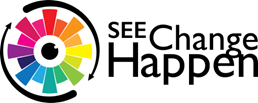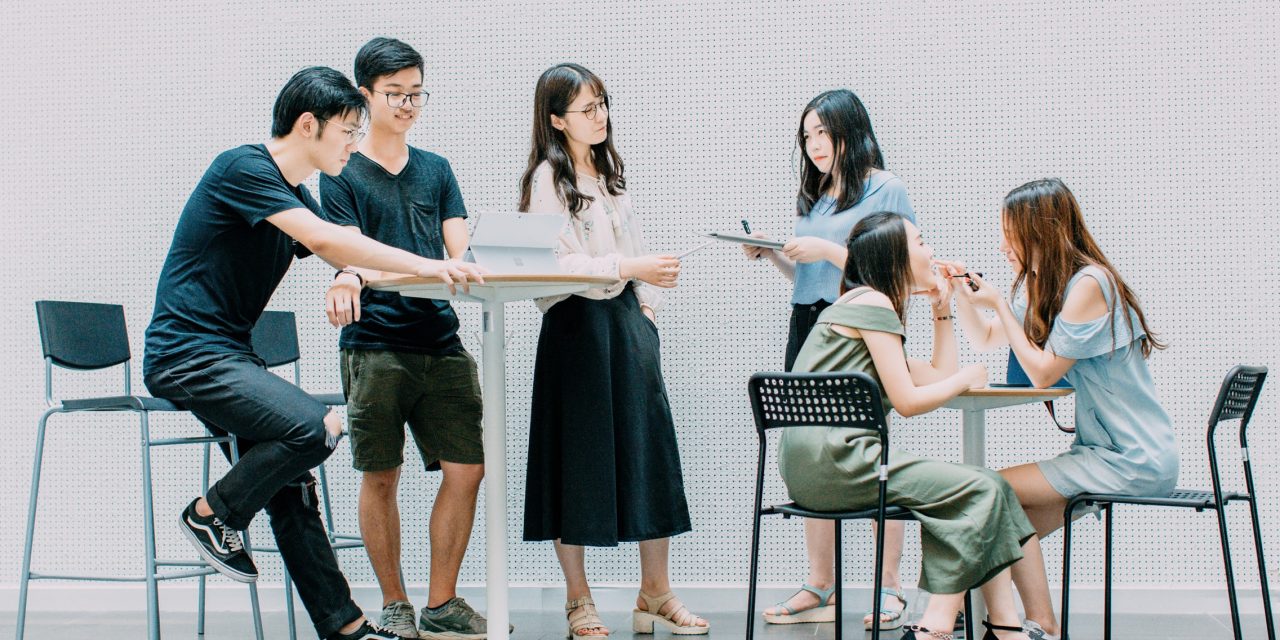Woke used to mean being alert to racial discrimination and prejudice but moved to encompass a broader awareness of social inequalities from background, generation, faith, ethnicity, sexuality, or gender. Somewhere along the line being woke has become no longer about being well-informed and caring about society, but being “too woke”. Most businesses have a DE&I strategy, some are more embedded and actioned than others, but is there a balance to be struck and should the volume be turned down on ‘sensitivities’? Joanne Lockwood, an Inclusive Culture Expert and CEO of SEE Change Happen looks in more detail.
Who thinks we are too woke?
According to a recent national survey conducted by Randstad UK involving 2,000 participants, 33 per cent of employees aged 55 and above characterised their workplace as excessively focused on social issues and “too woke” and many were prepared to leave their current organisation, either for retirement or to seek employment elsewhere. This percentage is nearly double compared to individuals under the age of 35, where 17 percent expressed the same sentiment. The survey also revealed a disparity between genders, with 22 percent of men stating that their workplace was “too woke,” while only 13 percent of women said the same.
Yougov.co.uk research shows that among people who use the term, “being woke” the vast majority (73%) do so in a disapproving way, compared to only 11% who use it with approval.
Yet Randstad research also showed that one in five of UK workers feel they don’t belong at their place of work; a figure which increases to one in four of UK workers under-34 years old. Considering there are around 33 million workers in the UK, this implies that approximately a staggering 6.6 million workers feel excluded and disconnected.
Privilege affects how we view being woke.
Wokeness is becoming a wedge and a divisive issue. If you are in a minority community and feel like you don’t belong and can’t be yourself you are more likely to want better awareness, support and actionable change. Meaning, as is so often the case, it is up to the privileged majority to choose where they sit on social change issues. With privilege comes the tendency to feel like we know everything or better, which makes us less likely to listen. Accepting our privilege means becoming comfortable with the fact that we have an unearned advantage currently over other people in society who by the very nature of the equation are disadvantaged or have to fight harder for the same opportunities. We then have to ask ourselves, especially in the workplace, how do we feel about that, and can we care too much?
The different generations
Some believe the ultimate in wokeness is pandering to politically correct nonsense – think about how we call the Millennials and Generation Z ‘snowflakes’ who get upset at the slightest comment or joke. As we progress, generational disparities play a significant role, and what was deemed acceptable for Baby Boomers and Generation X no longer holds true for Generation Z and Alpha. The upcoming workforce seeks an environment where they can fully embrace their authentic selves. This includes being open about their sexuality, disability, gender identity, expression, and cultural heritage and being surrounded by empathetic individuals who understand their unique needs. Organisations and leaders who fail to acknowledge and address these factors risk losing their status as preferred employer for emerging talent.
The solution
If we are not ‘politically correct’ then we are ‘too woke’. The next term will become a convenient vehicle for anxieties and division unless we don’t let it. The answer perhaps lies in focusing on creating a workplace and society where people feel both physical and psychological safety and where everyone can succeed and thrive. Businesses need to not only have EDI on their corporate agenda, but they also need to be actively addressing gender, ethnicity and disability pay gaps, inequalities and isolation. We need to lead with empathy, recognise individual experience, accept that systemic poor culture is bad for everyone, and consider ways to equalise matters. Good employee experience happens when personal values align with that of the organisation and people feel valued. Personally, I am proud to be woke, to be awake to the injustices in the world and to be part of a progressive society that treats people with dignity and respect and cares about how they feel, yes even in the workplace.
Author: Inclusive Culture Expert, Joanne Lockwood, CEO & Founder of SEE Change Happen




